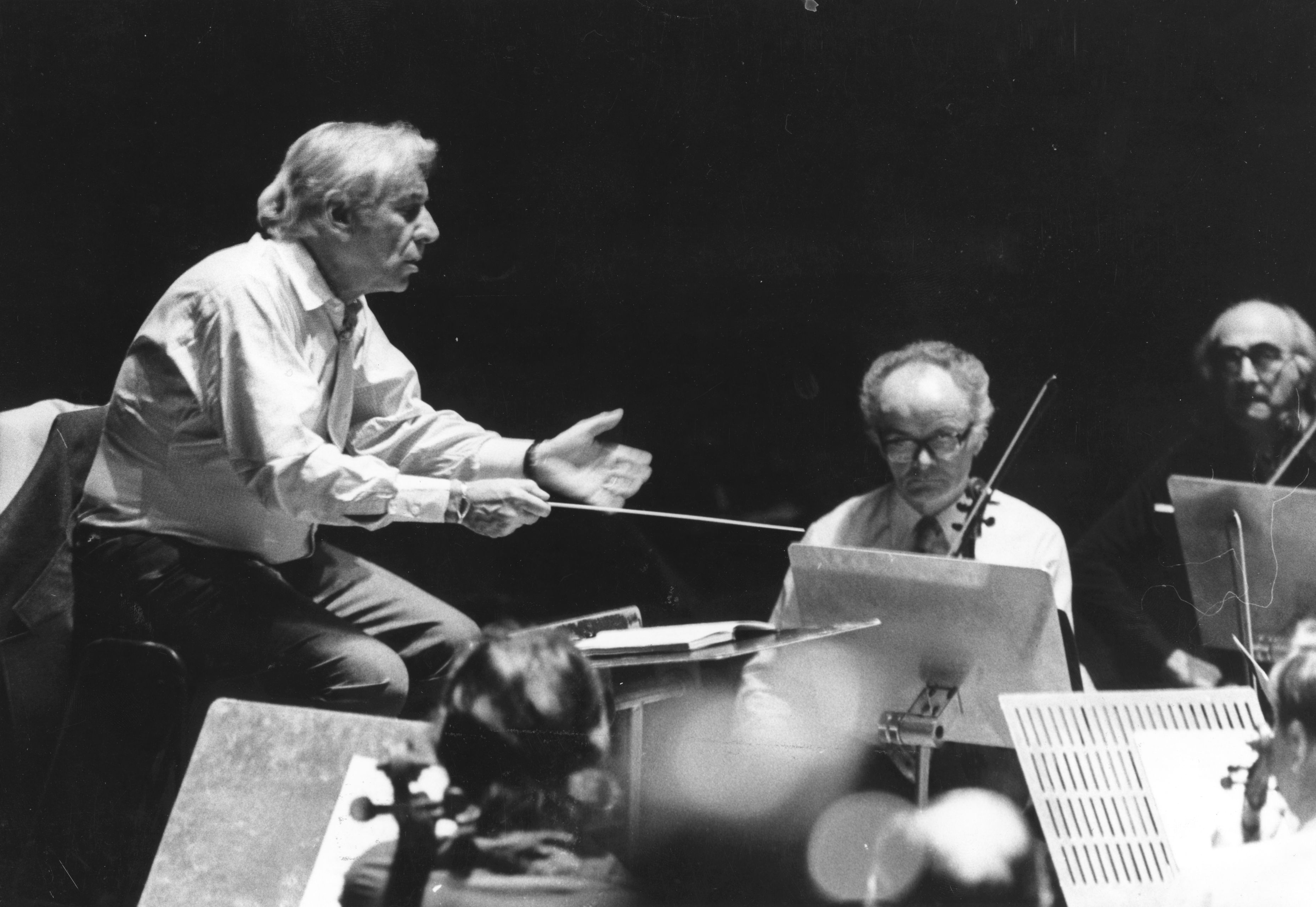We often hear that certain people are born leaders. While it’s true that some people have an innate knack for leading, it’s equally true that we can all learn and improve our leadership skills through a bit of practice. For those of you who are interested in honing in your leadership skills, here are a few things to consider.
Observe your environment
Your ears matter more than your mouth. In other words, effective leaders are those who observe and take note of their environment as much as they actually “do” things like implementing a decision or giving a speech. Cultivating an ability to observe is unfortunately an overlooked skill, but one worth investing time in; being sensitive to particular environments informs and provides meaning to action.
Adapt to time and place
“Good leadership” is not fixed, absolute, or stagnant; it is defined by particular contexts. Moreover, it is an ongoing process, one that necessitates tweaking over time. That is to say, what constitutes good leadership in one situation or one period of time will not necessarily bear the same effect at a different place or time.
Effective leaders are able to adapt to their particular circumstance. They learn to assess their environment and to modulate their leadership styles based on what they’ve observed. This might require behavioral skills like “active listening,” something we encourage at our programs at the Leadership Institute.
Embrace failure
As is the case with professional athletes who are developing their skills, failure is a huge resource for improvement. It may sound trite, but too often we try to brush off our failures at the expense of learning something valuable from them. Remember, failing can serve as a powerful motivator for behavioral change. Harness it! Pay attention to the lessons you’ve learned from each failure, and be deliberate about applying those lessons to your actions going forward.
Partner up
Improving your leadership abilities often requires a partner or outside help. It can be very difficult for leaders — or anyone, for that matter––to evaluate themselves accurately or objectively. Seeking feedback from a coach or a close partner can be enormously valuable for those who are serious about improving as leaders.
Being a good leader might seem like the fate of a select few, but it’s worth keeping in mind that some of the most important leadership skills are in fact “learnable” over time. You can read about what these leadership tactics look like in action in our new book, Leaders: Myth and Reality.
This piece was adapted from the answer to “What are the best resources for people who want to improve their leadership skills?” which was asked during a recent Quora Session I hosted along with my co-authors, Jeff Eggers and Jason Mangone.


